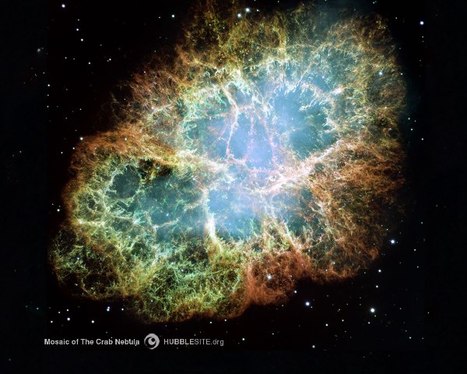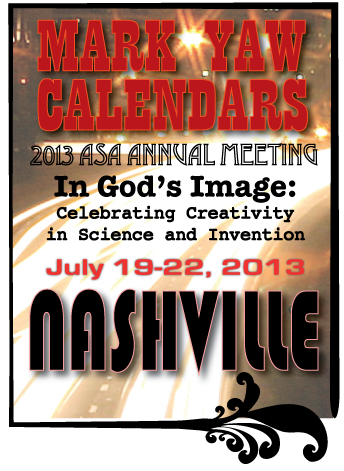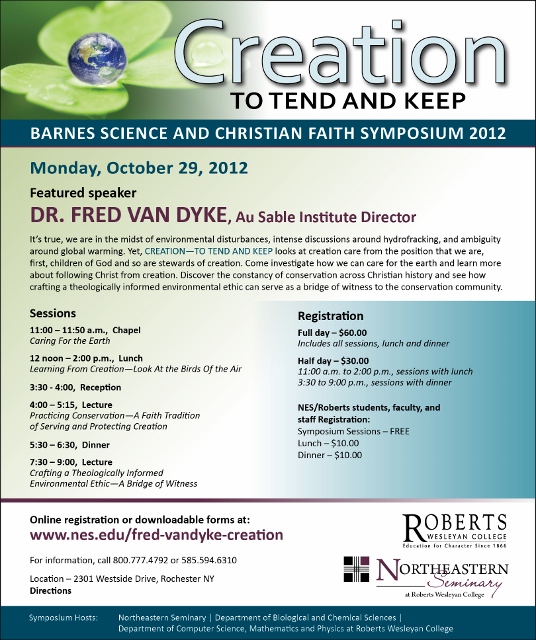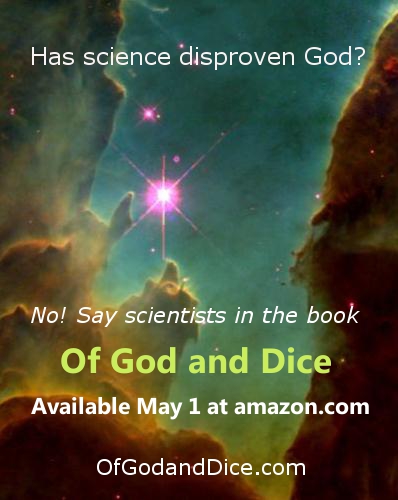Why Awe?
 The awe-inspiring Crab Nebula (NASA)
by Ruth Bancewicz
Antarctica reminds me more than anything of the hidden artwork in medieval cathedrals created by sculptors and painters to the greater glory of God. One is unaccustomedly hypersensitive here to the act of Creation. Elsewhere on earth, man is the most successful mammal: in Antarctica, wonderfully, he has only a precarious toehold. -Sir Peter Maxwell Davis, Composer Where does our sense of awe at the beauty and immensity of nature come from? We climb mountains to enjoy vast panoramas, go outdoors on a chilly night to gaze at the stars, or spend hours glued to a TV screen watching a nature documentary, delighting in the complexity of the world around us. Are these emotions simply the result of cultural conditioning or are they a sign of something deeper? Psalm 121 associates mountains with danger and fear, and until recently people were obsessed with ‘subduing the earth.’ Woods were turned into fields, rivers were dammed or diverted, and leisure time was spent in ornamental gardens. The ultimate goal was maximum fertility and utility. But then came the Romantic era of Wordsworth, Scott and Thoreau that celebrated wild untamed landscapes, and sent the middle classes flocking to the English Lake District, Yosemite and other ‘areas of outstanding natural beauty’ to appreciate the rugged beauty of mountains, lakes and waterfalls. We eventually decided that wilderness was necessary for the preservation of biodiversity, and the human spirit. Many of us now have the luxury of enjoying the world without being perpetually distracted by cold, damp, hunger, and disease. Hiking without the right equipment in harsh conditions would certainly be scary, as would catching a chill on a cold night if flu was potentially fatal. We have the leisure to stop and stare, or the money to equip a lab and investigate. Are our feelings of elation at seeing the view from a mountaintop or a cell structure under a microscope just psychological noise: a by-product of our thought processes as we go through the world? Or have we always interacted with our environment in a meaningful way? The world is our source of food, shelter and clothing, but it is also a place where we experience beauty, wonder and excitement at the raw power of nature. The depth and variety of art and religion show time and time again that it is a basic human experience to appreciate our surroundings at more than a utilitarian level. The natural world is where we see - at whatever scale we choose to look - the world outside of our own small orbit and interests. We come out of ourselves and experience something else that gives us perspective. We feel humility in the face of vastness and power, and gratitude that we are alive. A Christian sees something of the Creator, and that feeds into their worship. In his book ‘Song of a Scientist’, Cal DeWitt writes about how all creation praises God. Other creatures praise God by being themselves, and by preserving wilderness areas and other natural habitats we allow them to do that fully. Christians sing from two books: the book of God’s creation and the book of his revelation, the Bible. And worship is not limited to songs. The early church absorbed a little too much of the Greek philosophy of their secular neighbours, and sometimes thought of material things as ‘less spiritual’. But the earth that God made was declared ‘good’, and the wonder of God’s creation is praised throughout the Psalms. We worship God by exploring creation to the full, using all of our faculties and the tools of science, art and technology. Note The main sources for this article were R.J. Berry, God’s Book of Works (London: T & T Clark, 2003), and Calvin B. DeWitt, Song of a Scientist: The Harmony of a God-Soaked Creation (Grand Rapids: Square Inch, 2012). |





